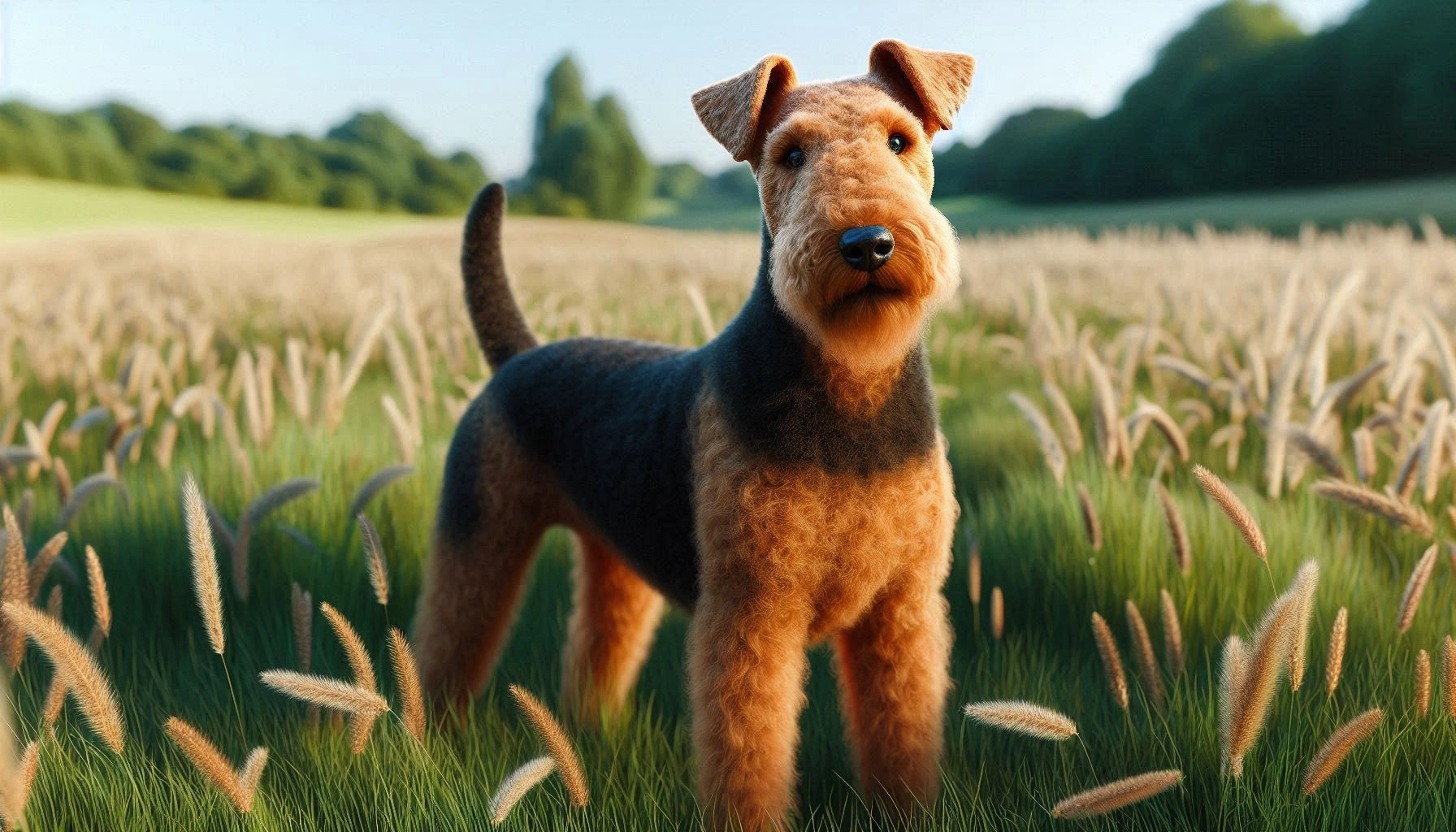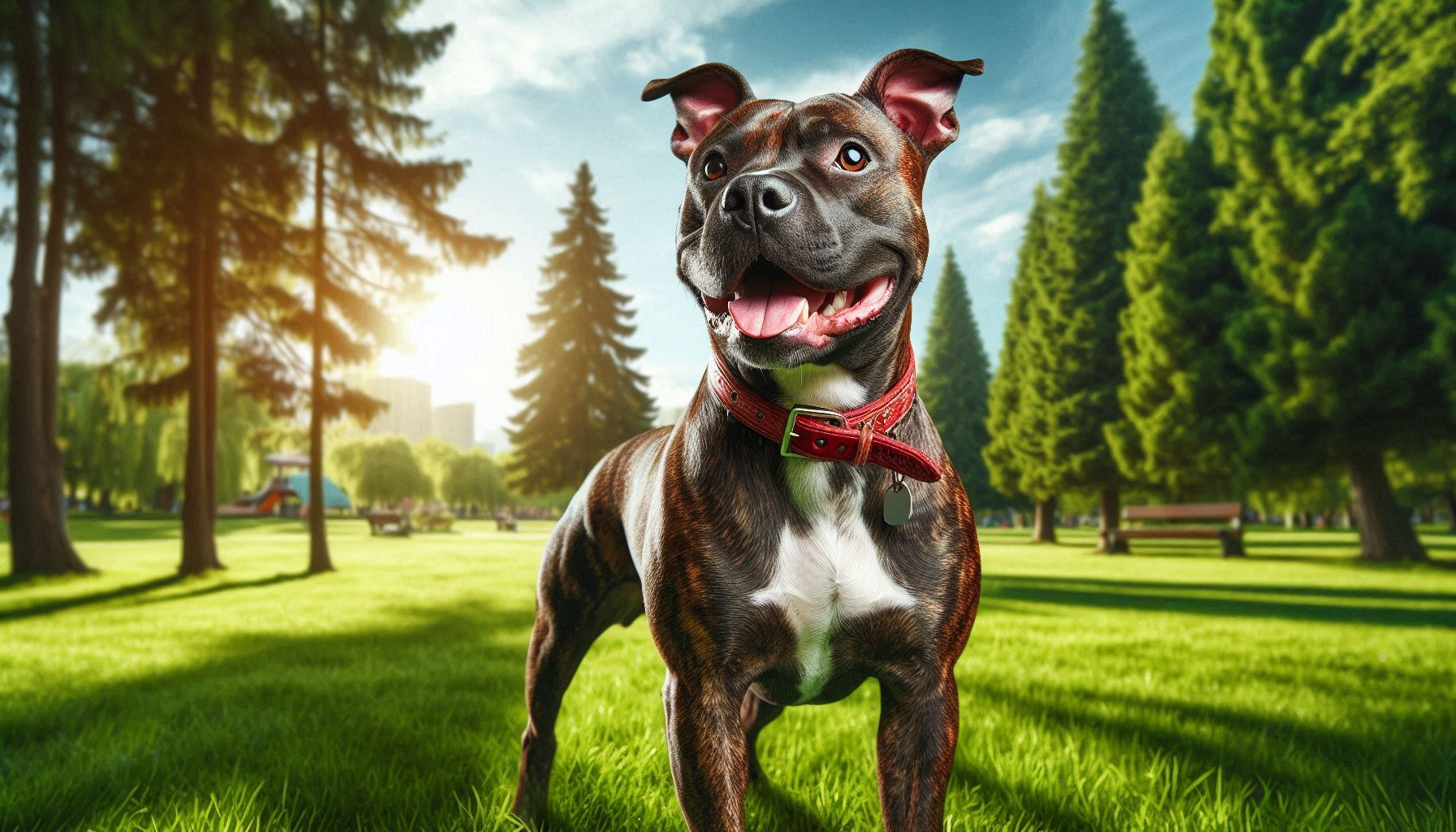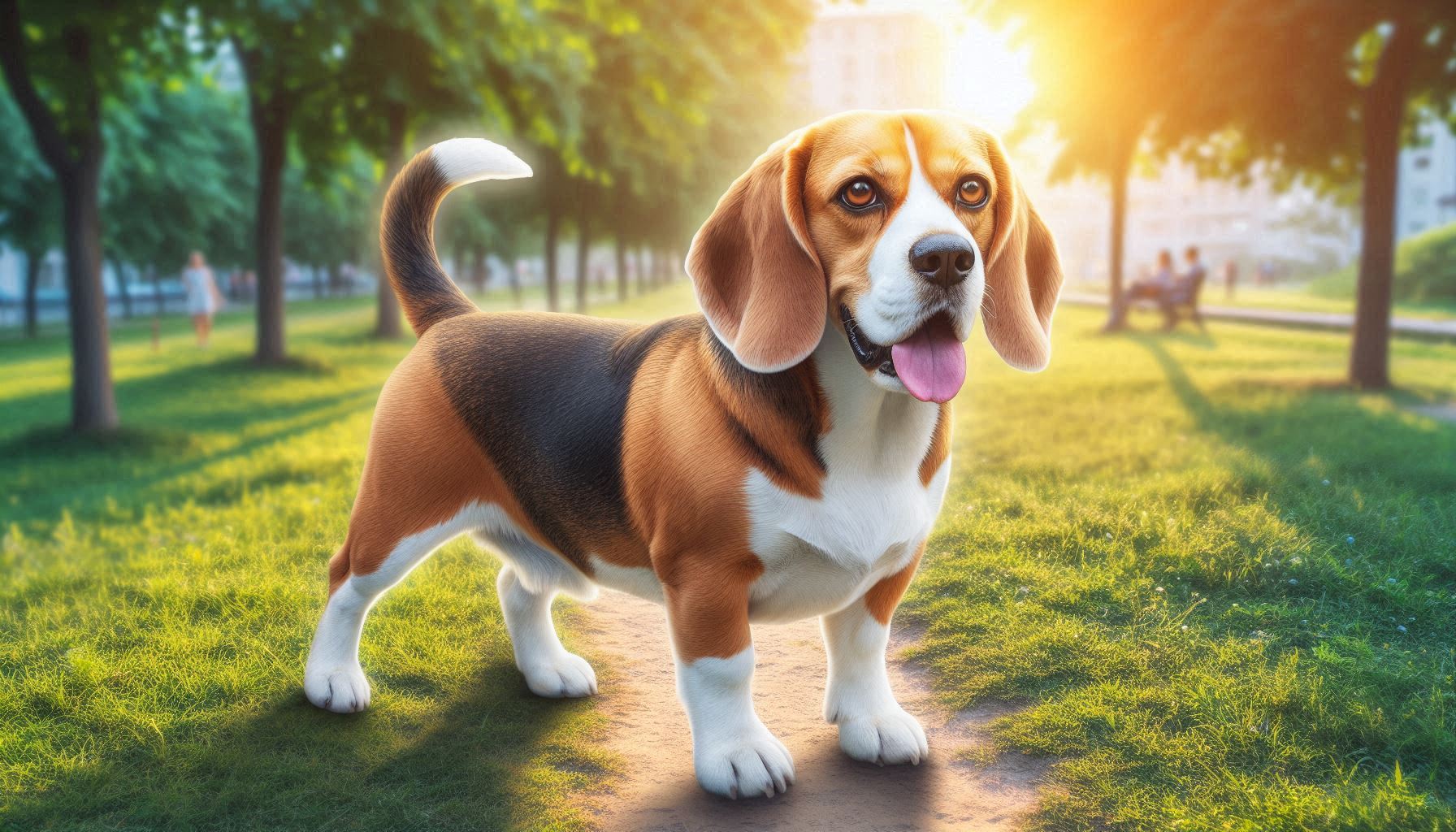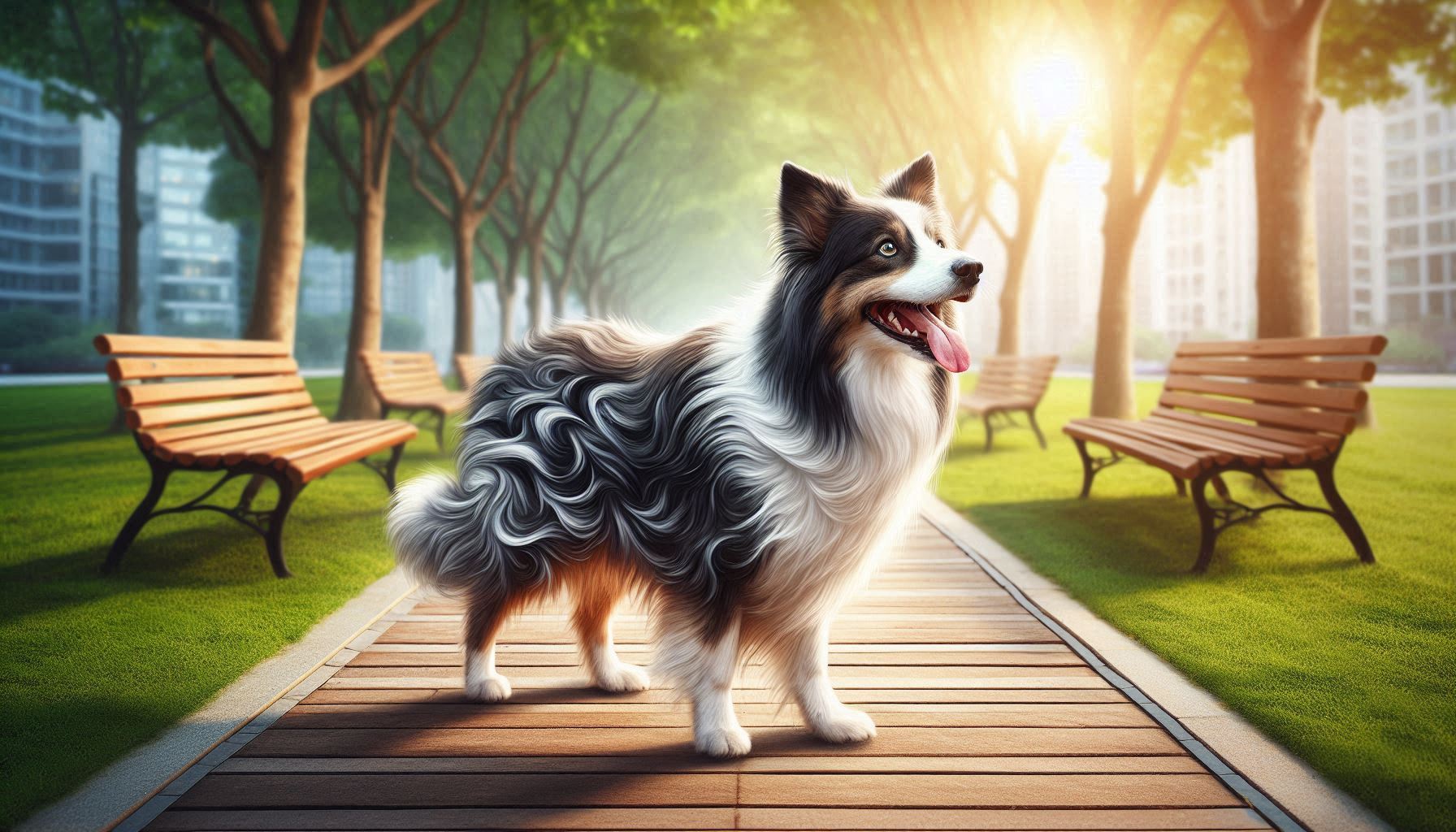Table of Contents
Flat Coated Retriever Dog Breed
The Flat Coated Retriever, often referred to as the “Peter Pan” of dog breeds, is known for its playful and friendly demeanor. With their glossy coats and exuberant personalities, these dogs have become a favorite among dog enthusiasts. Whether you’re a seasoned dog owner or someone considering adding a new furry member to your family, the Flat-Coated Retriever offers a unique combination of charm, intelligence, and companionship.
Flat Coated Retriever Dog History and Origin
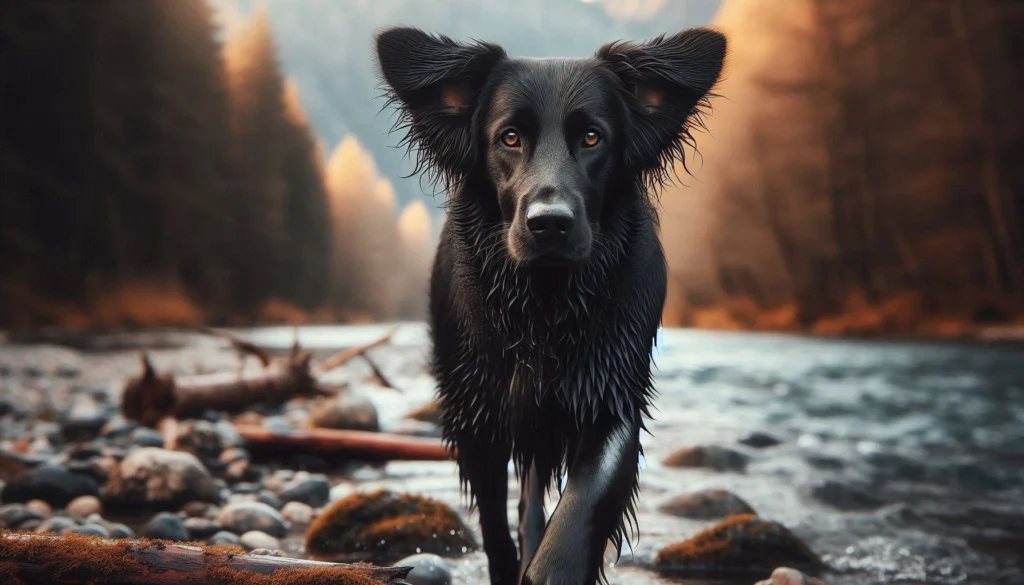
The Flat Coated Retriever originated in the United Kingdom during the mid-19th century. Initially bred for hunting, these dogs were prized for their ability to retrieve game both on land and in water. The breed was developed by crossing several other breeds, including the Newfoundland, the Irish Setter, and some spaniel breeds, to create a versatile retriever with an excellent nose and a love for water.
Interestingly, the Flat Coated Retriever was once one of the most popular hunting dogs in England, particularly among gamekeepers. However, with the rise of other retriever breeds like the Labrador and the Golden Retriever, their popularity waned. Despite this, dedicated breeders have worked tirelessly to preserve the Flat Coated Retriever, and today they are cherished for both their working abilities and their role as loving family pets.
Flat Coated Retriever Dog Physical Characteristics
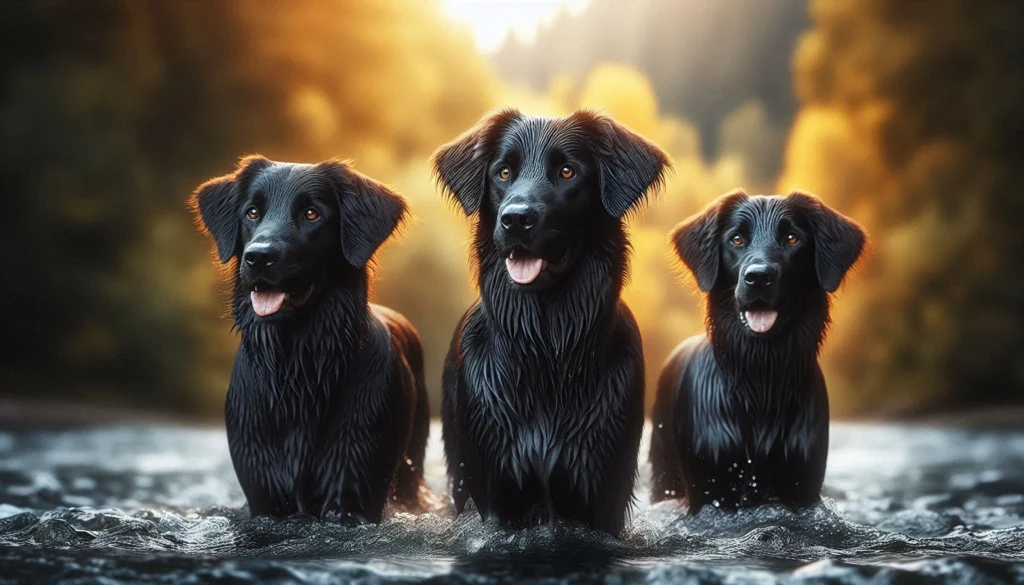
The Flat Coated Retriever is a medium to large sized dog, typically weighing between 60 to 80 pounds and standing about 22 to 24.5 inches tall at the shoulder. They have a distinctive, shiny coat that lies flat against the body, hence the name. The coat is dense and water-repellent, making it ideal for the breed’s original purpose as a retriever.
Coat and Colors
The breed’s coat is one of its most defining features. It is typically black or liver (a rich brown color), and although these are the only recognized colors, the deep shine and texture of the coat make it stand out. The Flat-Coated Retriever’s coat requires regular grooming to keep it looking its best, as it can easily become tangled or matted.
Distinctive Features
Apart from their coat, the Flat Coated Retriever has a long, lean head with a broad muzzle, expressive dark eyes, and a characteristic “happy” expression. Their tails are carried level with their back, and they have strong, muscular bodies that are built for endurance.
Temperament and Personality
The Flat Coated Retriever is known for its joyful and optimistic nature. Often described as a “forever young” breed, these dogs retain their puppy like enthusiasm well into adulthood. They are incredibly friendly and outgoing, making them excellent companions for both individuals and families.
Interaction with People and Children
Flat Coated Retrievers are known for their love of people. They thrive on human interaction and are known to form strong bonds with their families. Their playful nature makes them particularly good with children, as they are gentle, patient, and always ready for a game.
Interaction with Other Animals
This breed generally gets along well with other dogs and pets. Their friendly and non aggressive nature means they are usually open to making new furry friends. However, as with all breeds, early socialization is important to ensure they grow up to be well-rounded and confident around other animals.
Health and Lifespan
The Flat Coated Retriever, like many purebred dogs, is prone to certain health issues. However, with proper care and regular veterinary check-ups, many of these can be managed or avoided.
Common Health Issues
One of the most concerning health issues in Flat Coated Retrievers is cancer, which is unfortunately prevalent in the breed. Hemangiosarcoma and lymphoma are two types of cancer commonly seen in these dogs. Hip dysplasia and patellar luxation are also common orthopedic problems that can affect the breed, particularly as they age.
Lifespan
The average lifespan of a Flat Coated Retriever is around 8 to 10 years, although some can live longer with proper care. To maximize their lifespan and quality of life, it’s crucial to maintain a healthy diet, ensure regular exercise, and provide routine health screenings.
Tips for Maintaining Health
- Regular Vet Visits: Ensure your Flat Coated Retriever has regular check ups to catch any potential health issues early.
- Balanced Diet: Feed your dog a high-quality, balanced diet that meets its nutritional needs.
- Exercise: Keep them active with daily walks, playtime, and mental stimulation to maintain a healthy weight and prevent boredom.
Care and Grooming
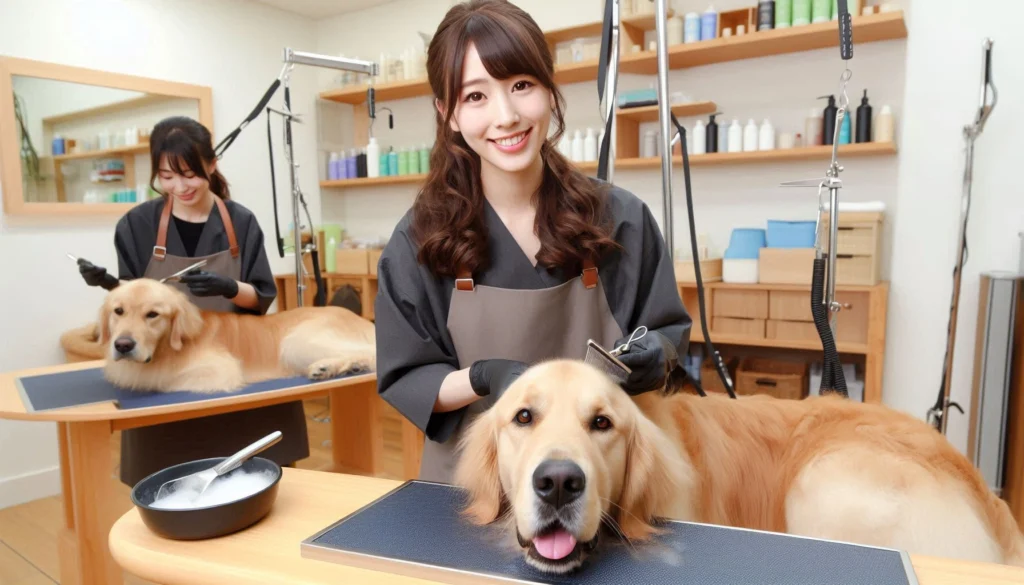
Caring for a Flat Coated Retriever involves regular grooming, exercise, and attention to their dietary needs.
Grooming Needs
Their beautiful coat requires regular grooming to stay in top condition. Brush your Flat Coated Retriever at least once a week to remove loose hairs and prevent matting. Pay particular attention to the feathering on their legs and tail, as these areas can become tangled. Bathing should be done as needed, and don’t forget to clean their ears regularly to prevent infections.
Exercise Requirements
Flat-Coated Retrievers are an active breed and need plenty of exercises to stay healthy and happy. They enjoy outdoor activities like hiking, swimming, and fetching games. Providing them with at least an hour of exercise each day is essential, as they can become bored and destructive if not properly exercised.
Dietary Recommendations
A high-quality dog food, appropriate for their age, size, and activity level, is important. Flat Coated Retrievers are prone to weight gain, so monitor their food intake and avoid excessive treats. Consult your vet for specific dietary recommendations, especially if your dog has any health concerns.
Training and Socialization
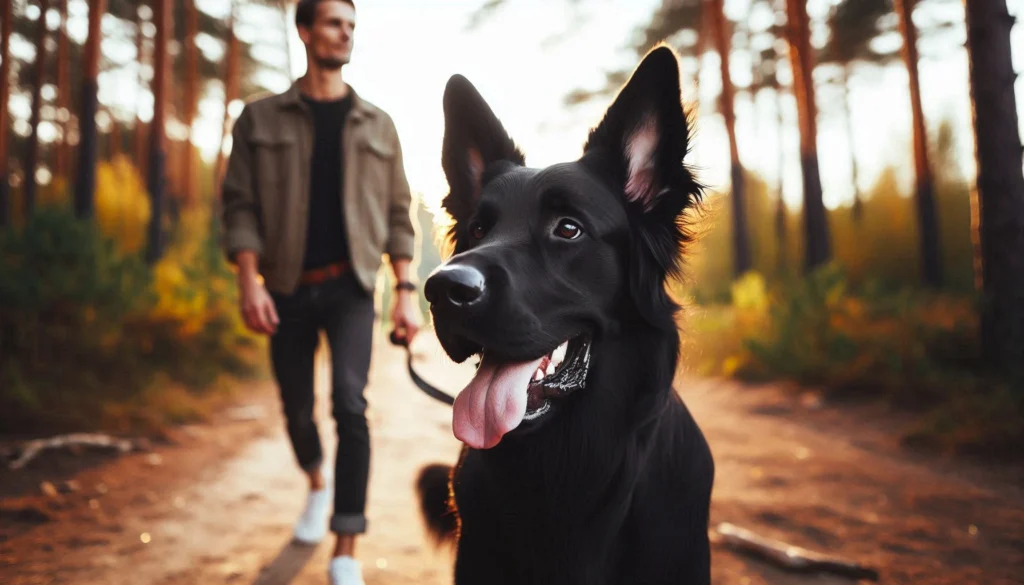
Training a Flat-Coated Retriever can be a rewarding experience due to their intelligence and eagerness to please.
Training Tips
Start training your Flat-Coated Retriever early, using positive reinforcement techniques such as treats, praise, and play. They are quick learners, but their playful nature can sometimes lead to a short attention span, so keep training sessions fun and engaging.
Socialization
Socialization is crucial for this breed. Expose your Flat Coated Retriever to a variety of people, animals, and environments from a young age to ensure they grow into a well adjusted adult. Puppy classes can be a great way to start their socialization journey.
Challenges for New Owners
The Flat-Coated Retriever’s exuberance can be a challenge for first time dog owners. Their boundless energy and curiosity mean they need consistent training and mental stimulation. If not properly trained and exercised, they can become overly enthusiastic, which might be overwhelming for some owners.
Suitability as a Family Pet
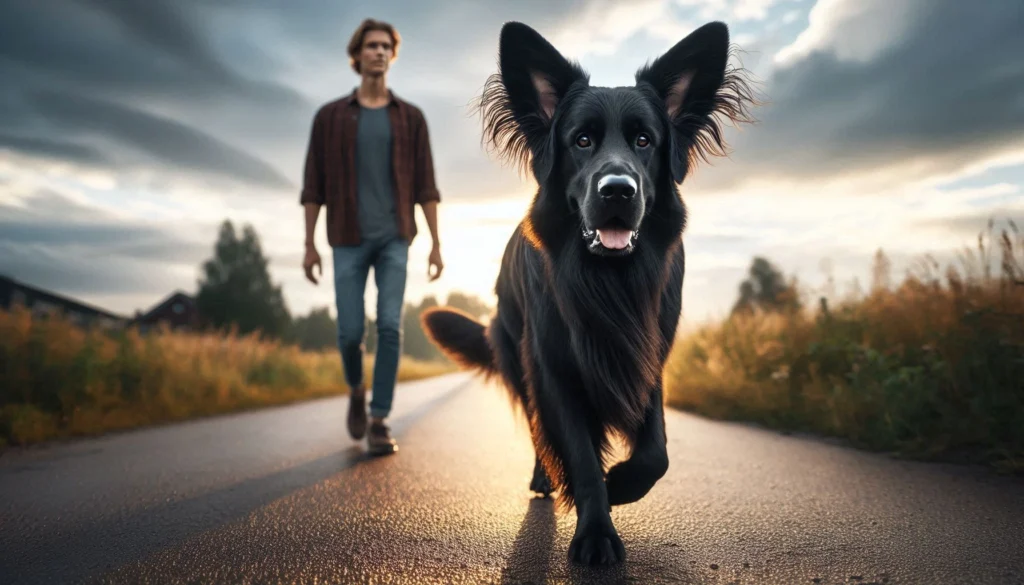
The Flat Coated Retriever is an excellent choice for families, especially those who are active and enjoy spending time outdoors.
Living Environment
While they adapt well to various living environments, including apartments, they do best in homes where they have plenty of space to run and play. A securely fenced yard is ideal for this breed.
Energy Levels
Their high energy levels mean they are always ready for a game or a run. They are not a breed that enjoys being left alone for long periods, as they thrive on companionship and activity.
Fun Facts and Trivia
- Peter Pan Personality: The Flat Coated Retriever is often referred to as the “Peter Pan” of the dog world because of its never-ending puppy-like enthusiasm.
- Movie Star: A Flat-Coated Retriever named “Jed” played the role of “Nanook” in the 1987 movie The Lost Boys.
- Water Lover: These dogs are natural swimmers and love water, thanks to their history as hunting retrievers.
Dog Breeds Similar to Flat Coated Retrievers
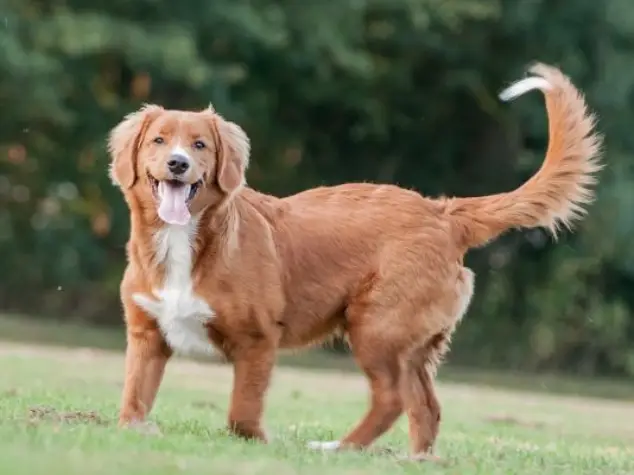
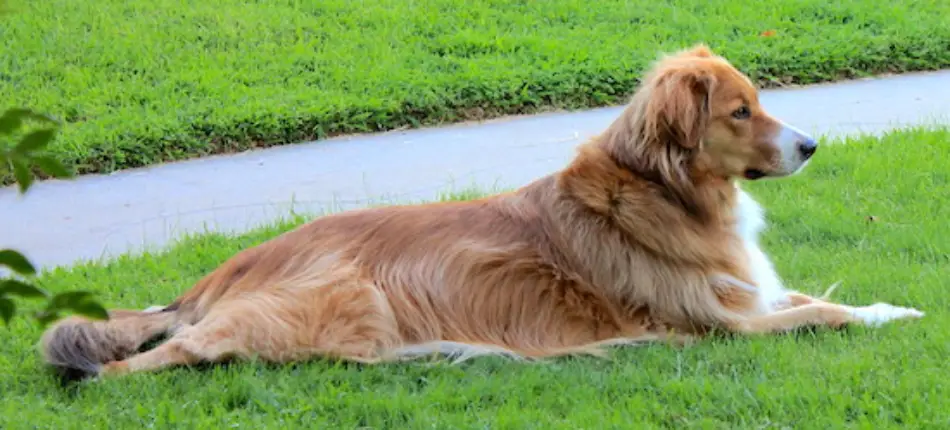
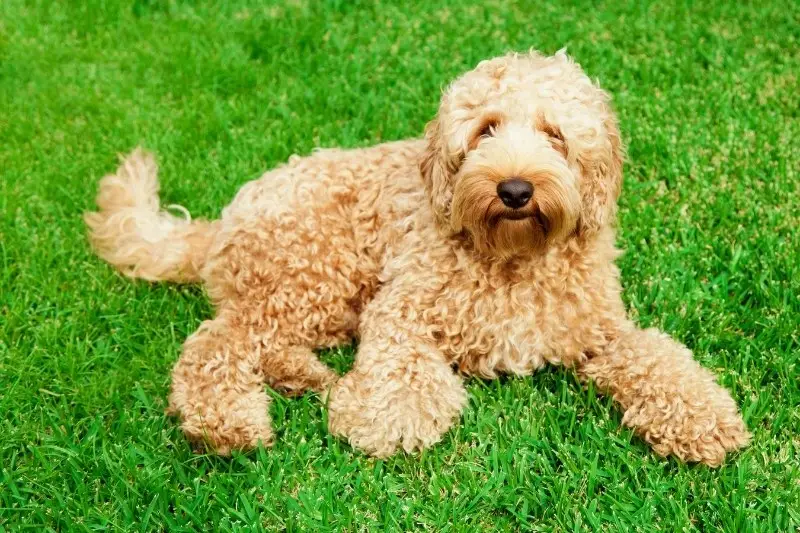
- Labrador Retriever: Similar in size and temperament, the Labrador Retriever is known for its friendly nature, intelligence, and versatility as a working dog.
- Golden Retriever: Another close relative, the Golden Retriever, shares the Flat-Coated Retriever’s affectionate and outgoing personality. Both breeds are excellent family pets and are easy to train.
- Nova Scotia Duck Tolling Retriever: This smaller retriever breed is also known for its playful nature and love for water. They are highly energetic and enjoy being part of an active family.
Conclusion
The Flat Coated Retriever is a joyful and loving breed that brings energy and enthusiasm to any household. Whether you’re looking for a loyal companion, an active outdoor partner, or a family-friendly pet, this breed has a lot to offer. With proper care, training, and attention, a Flat-Coated Retriever can be a wonderful addition to your family.
FAQs
Is the Flat-Coated Retriever a dangerous dog?
No, the Flat Coated Retriever is not a dangerous dog. They are known for their friendly and gentle nature. With proper training and socialization, they are great with children, other pets, and strangers.
Is the Flat-Coated Retriever the best guard dog to protect my family?
The Flat-Coated Retriever is not typically used as a guard dog. While they may alert you to strangers, their friendly and non-aggressive nature makes them more suitable as a companion or family pet rather than a guard dog.
